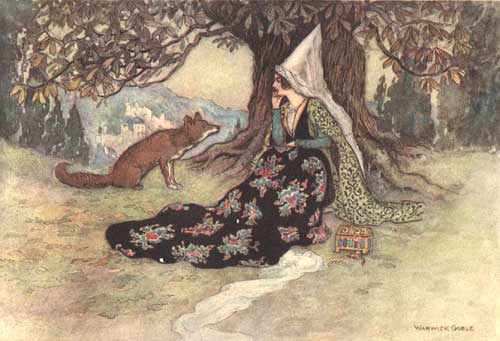ShareThe theory of a purely written tradition is unlikely. Storytelling is undoubtedly much older than the invention of writing. The relationship between the oral “stories of the people” and written works (and their influence on each other) is much debated.
Dante understood the importance of the common tongue. When we read the works of Dante, it is easy to forget that they too are linked to the oral tradition. Dante’s Inferno was in part inspired by Virgil’s Aeneid, which in turn was inspired by Homer’s Odyssey. It was hundreds of years before anyone wrote it down. In other words, the Inferno is only one degree of separation from the older oral tradition.
Further, in Dante’s time, his works were primarily sung and heard on street corners rather than read. This was particularly so because of the cost of handwritten manuscripts. Only after the invention of the printing press did books become widely available.
Despite Dante’s views, formal written Italian after Pietro Bembo applied his strictures to it, became for centuries a language distant from the people. It was a special preserve of a small minority who treated it like a new Latin. A gulf opened between the written and the oral. The latter was the domain of Italy’s many spoken dialects. Italian almost exclusively read, rather than spoken. (Read more.)
Monday, April 26, 2021
Italian Fairy Tales
Subscribe to:
Post Comments (Atom)


















No comments:
Post a Comment